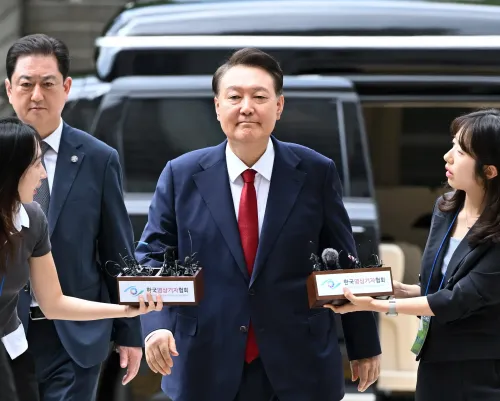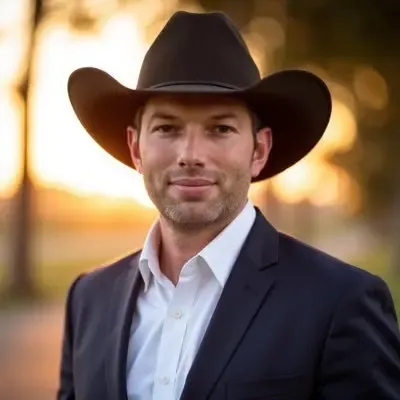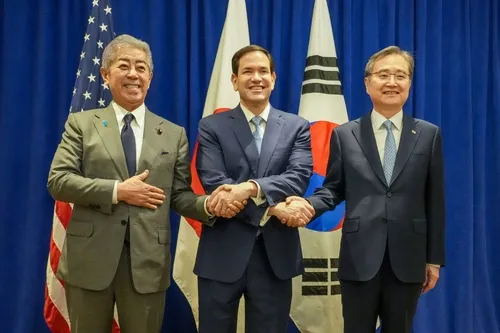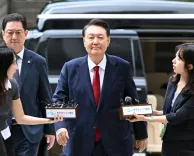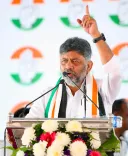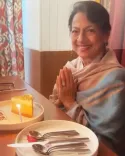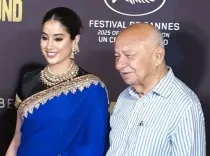What Actions Can the Global Community Take Against Pakistan’s Oppression of Indigenous Peoples?
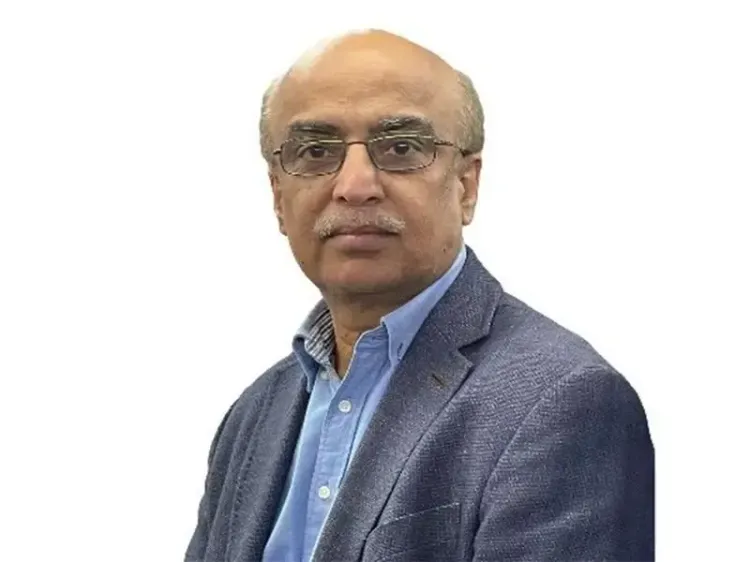
Synopsis
Key Takeaways
- Shafi Burfat raises serious allegations against Pakistan.
- The indigenous communities face severe oppression and marginalization.
- Burfat calls for global action and recognition of these injustices.
- The role of the Punjabi military is highlighted in perpetuating oppression.
- Urgent support for self-determination is needed for these communities.
Berlin, Sep 23 (NationPress) Shafi Burfat, Chairman of Jeay Sindh Muttahida Mahaz (JSMM), has reached out to the international community, accusing Pakistan of a prolonged systematic oppression, marginalization, and political suppression of its indigenous communities, including Sindhis, Pashtuns, Baloch, Saraikis, and Brahuis, all under the guise of religious unity.
In an open letter directed to global leaders attending the 80th session of the United Nations General Assembly (UNGA), Burfat stated, “As representatives from Pakistan, including the Prime Minister, prepare for the 80th session of the UNGA, the world must scrutinize the reality of Pakistan—a state forged by the subjugation of its historical nations through deceit and religious manipulation.”
He accused Pakistani authorities of inflicting extreme political oppression, economic exploitation, cultural erasure, demographic manipulation, and severe human rights violations upon the “indigenous nations”.
The JSMM leader emphasized that Pakistan operates primarily to serve the interests of one dominant ethnic group—“the Punjabis”.
He claimed that Pakistan's military, intelligence agencies, and diplomatic corps are predominantly Punjabi, with over 99 percent of these institutions ensuring the political and social dominance of this single group over others.
“This centralization of power has transformed Pakistan into a machinery of systemic oppression, where historical nations experience severe forms of contemporary slavery and political subjugation. Secular political parties, national movements, and civil society activists face state-imposed restrictions,” the letter elaborated.
“Political workers, social workers, and social media activists are regularly detained by military and state agencies, tortured in secret facilities, and, in some instances, their mutilated and charred bodies are abandoned in remote locations. The cultural heritage, languages, and histories of Pakistan’s indigenous nations are intentionally distorted or eradicated, reflecting a continuous campaign of state-sponsored authoritarianism and brutality,” it continued.
Burfat called on the international community to recognize that the “so-called state of Pakistan poses an ongoing threat to the rights, culture, and existence of its historical nations.” He cautioned that Pakistan's involvement in international forums without accountability would merely serve to legitimize a system rooted in oppression, exploitation, and terror.
“We urge the leaders of the UN General Assembly and member states to uphold international justice, human rights, and the principles of equality among nations by acknowledging these truths and supporting the legitimate struggle of oppressed nations for freedom and self-determination,” the letter emphasized.
The JSMM leader insisted that Pakistan should be prohibited from addressing any credible international forum due to its crimes of supporting, training, and deploying extremist terrorists as part of state policy in the region.

